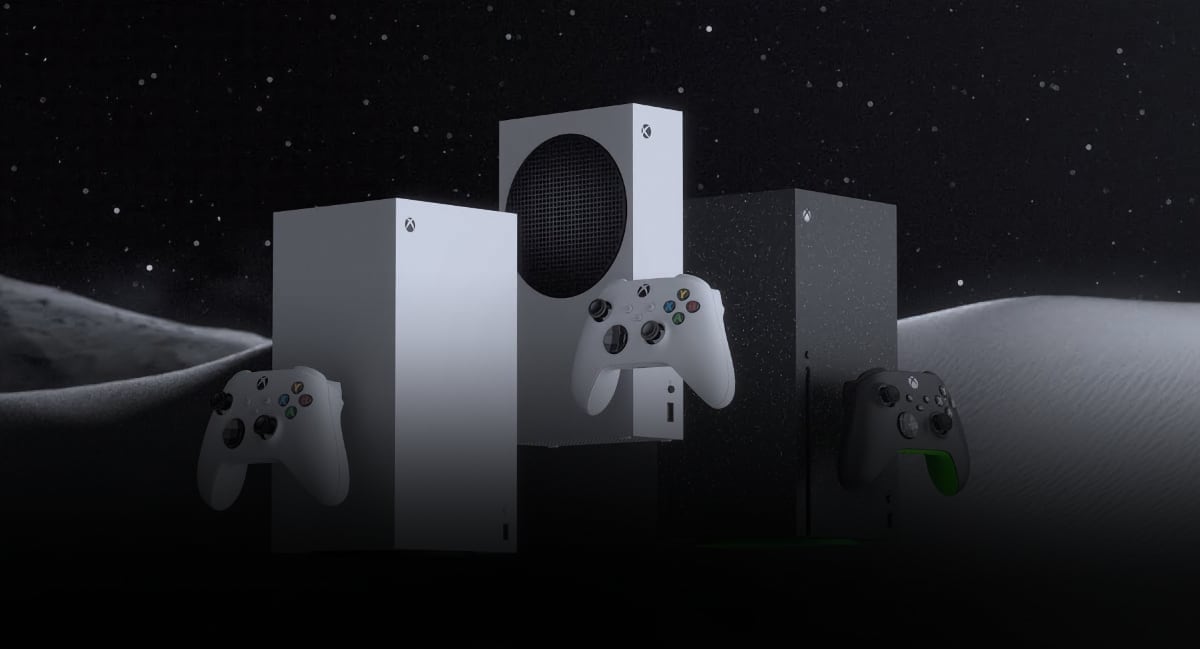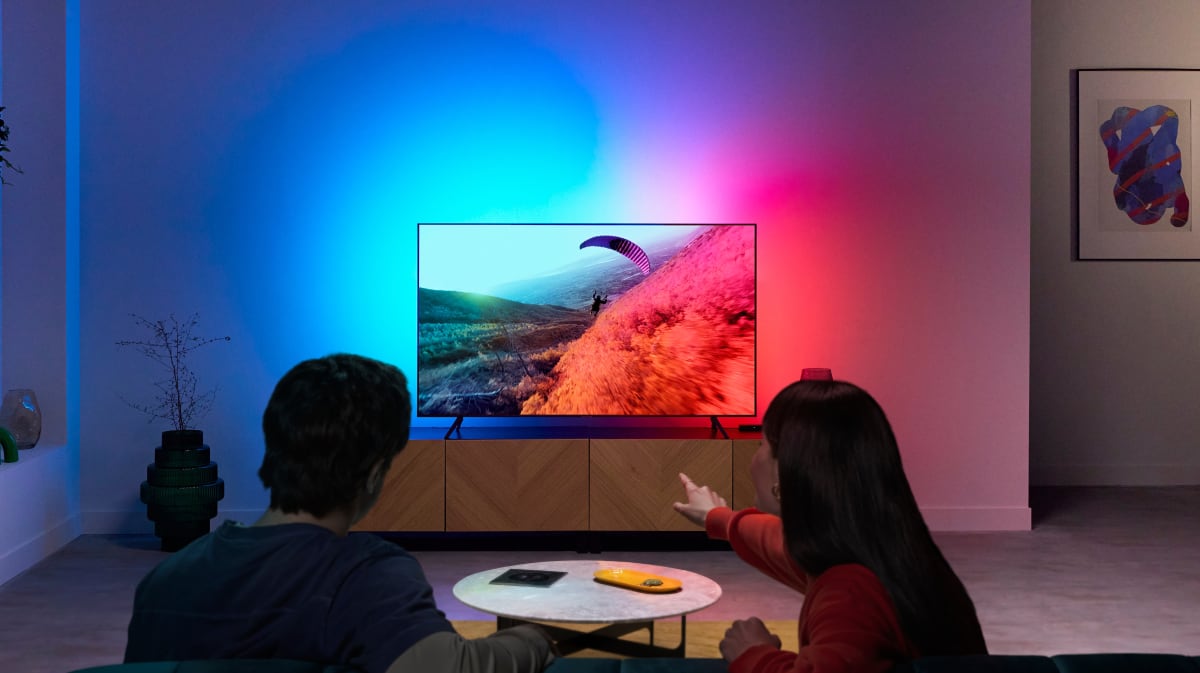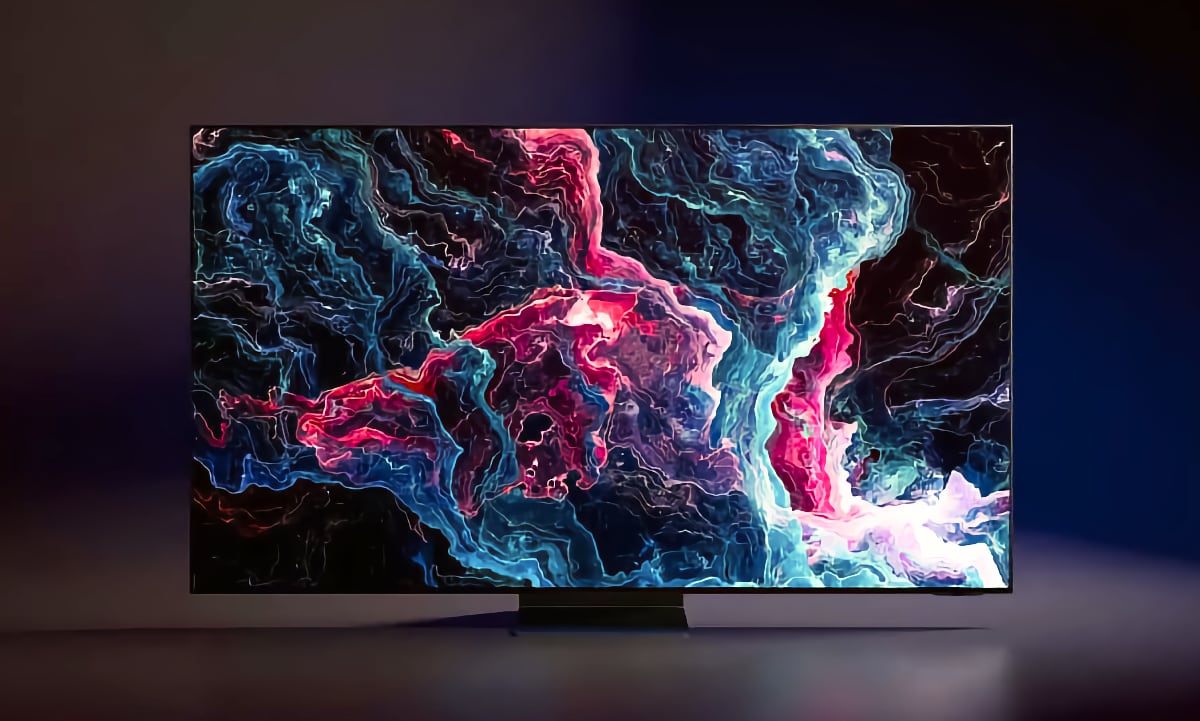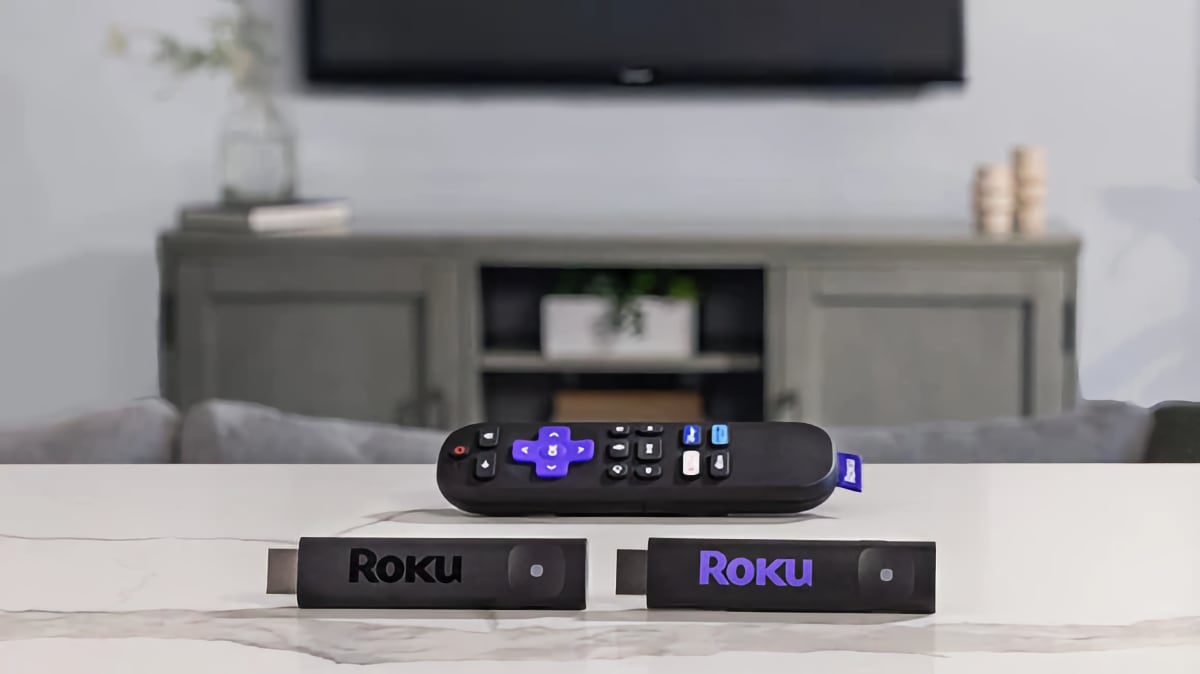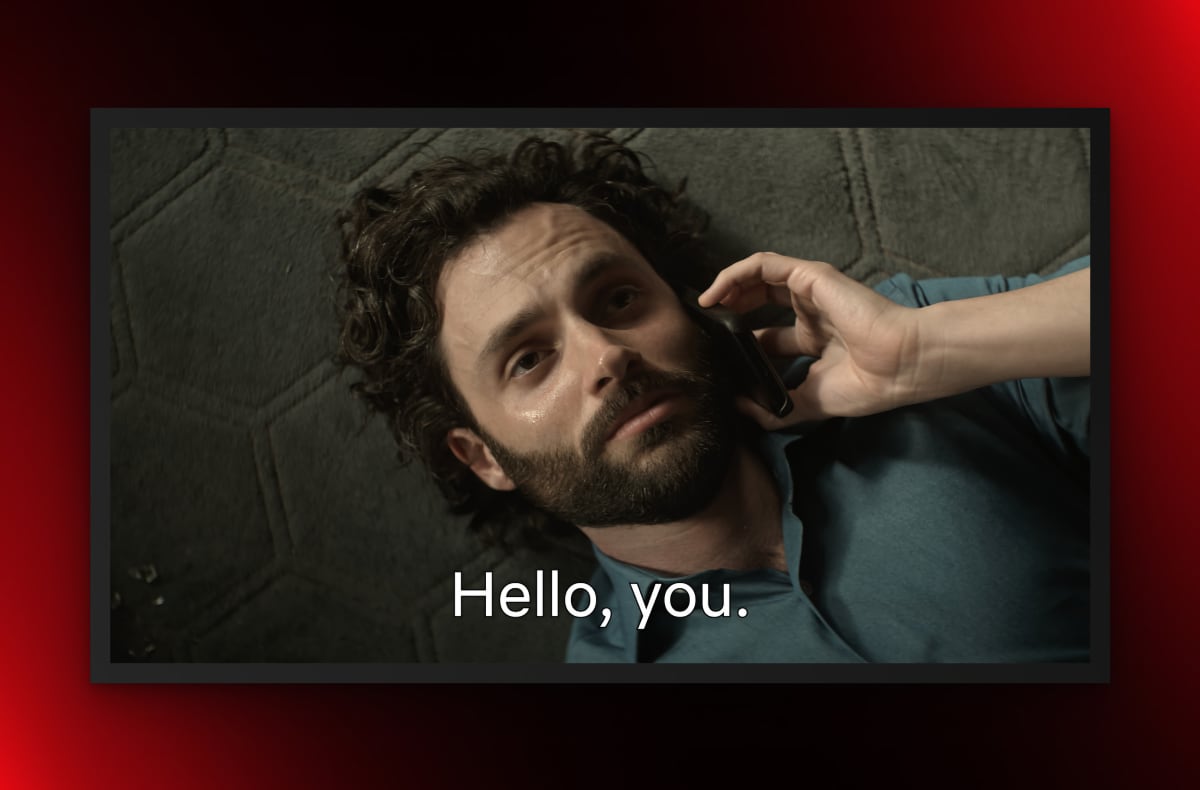Xbox Series X supports 8K but don't expect 8K gaming to be a thing this console generation, Xbox chief Phil Spencer says in an interview with Wired. But 120fps is "absolutely there for people to use".
Aspirational technology
It made headlines when Sony and Microsoft confirmed that PlayStation 5 and Xbox Series X will support 8K output – in part because of HDMI 2.1.
Ever since, both companies have remained mostly mum on the matter. And now Xbox chief Phil Spencer tries to quell expectations.
- "I think 8K is aspirational technology," Spencer said in an interview with Wired. "The display capabilities of devices are not really there yet. I think we’re years away from 8K being – if it ever is – standard in video games."
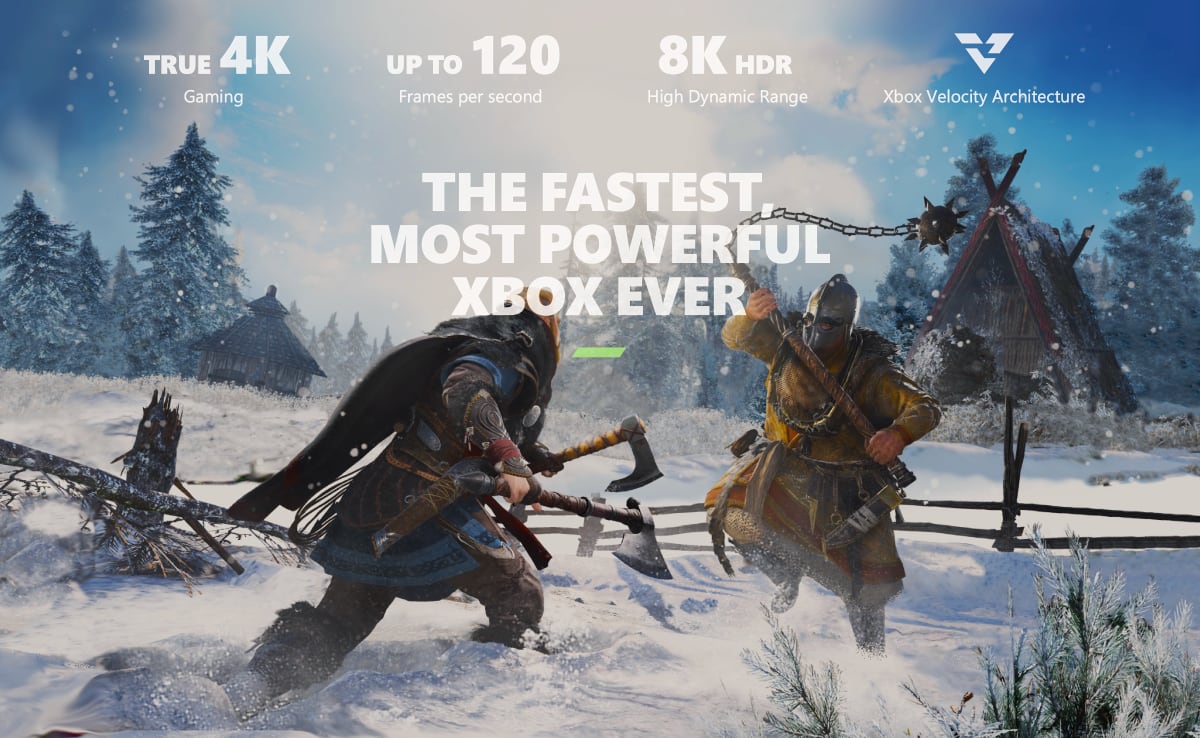
Xbox Series X supports 8K but don't expect games to run in 8K
120fps is "there for people to use"
He added that 120fps on the other hand is "absolutely there for people to use" but without associating it with any specific resolution. Next-gen consoles support 4K120 (4K at 120 fps) – and VRR – but so far we have spotted only one game confirmed to run at 4K120. And it's not a next-gen game.
If you think of it in terms of raw bandwidth 4K120 comes before 8K, at least at any decent frame rate. 4K120 equals 8K30 in terms of bandwidth (7680×4320×30 = 3840×2160×120 = 995,328,000). 8K60 is double the bandwidth.
Also read: What PS5 & Xbox Series X mean for your next TV
It is not surprising but it is more bad news for the 8K ecosystem and those TV makers who have positioned 8K as the next big breakthrough in the industry. Besides mostly homemade videos on YouTube, there is a dearth of content in 8K, with no signs of the situation improving anytime soon.
The Xbox chief also commented on ray-tracing in games, agreeing that the technology has not made a big impact in PC games so far. Perhaps next-gen game consoles can help bring to light the benefits on true HDR displays.
- "When I think about games where ray-tracing has had a dramatic impact on my experience as a player, it’s kind of spotty," Spencer said.
The full interview with Wired can be found here.



